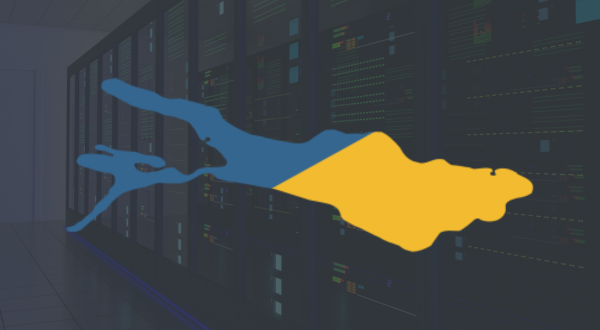Collaborative Python Learning
Incomplete
This is work in progress. Please checkback later for an updated version of this post.
Another aspect of learning and improving your Python code quality is to use a collaborative approach.
These notes were taken during the Second meetup of PyBodensee on 7th June 2024. Following are some of the techniques to improve your code.
Join Fellow Python Learners
This is a piece of great advice for those who are starting. If you are beginning your Python learning journey then it is recommended to surround yourself with other people who are also new to learning Python.
This approach is very effective and has proved to work in most cases as humans learn well in groups e.g. in Bootcamps, Universities, and Schools.
The monthly Python community meetups are free events around the world. You can attend these events and meet other Pythonistas to learn, network and expand your Python horizons. If you are in the Lake Constance (Bodensee) region, then you are welcome to join our monthly PyBodensee meetups. Whether you are a beginner, intermediate or expert in Python, everyone is welcome.
Explain What have You Learn
Explaining to a group of like minded people is another way of improving your python and brining it to the next level.
Explaining include teaching to a group of people, giving presentations or an invited talks. In each case, you will be required to stand in front of audience and explain what you have learned.
Teaching is by far the most productive and great activity for improving your already learned concepts. These approaches might not work well for everyone but is very useful for those who are naturally gifted with teaching skills.
Start Pair Programming
Another collaborative learning technique is Pair Programming in which more than one people work together to solve a programming task. If you are a beginner and a new learner you will have massive improvements in your programming skills.
You would be able to learn from the coding style and problem-solving approach of your peers. If done effectively everyone will be able to raise their programming standards and get benefit from others.
Join Python User Groups
You can also visit nearby Python User Groups where fellow Pythonista's share their learning and professional experiences. These groups are available around the world and we are also one such. If you are in Bodensee region (Lake Constance) then feel free to contact us and join our next monthly meetup to broader your Python horizons.
You can also check the list of Python Users group on the official Python Page or check the upcoming Python User Groups events on Meetups.com.
Contribute to Open-source Projects
You can also consider contributing to open-source projects. Look on GitHub or GitLab where most of the open-source projects are available. Here you can search for Python-related projects that might be of interest. Look into open issues on those projects and start fixing bugs or adding new features.
The most effective part of contributing to an open-source project is that you start reading code written by others. This will help you understand how and why others are writing code in a specific way. Most of the time, you will notice that Good open-source Python projects use Python standards for programming scripts/GUIs e.g. PEP-8 standard for Python programming style and structure.
